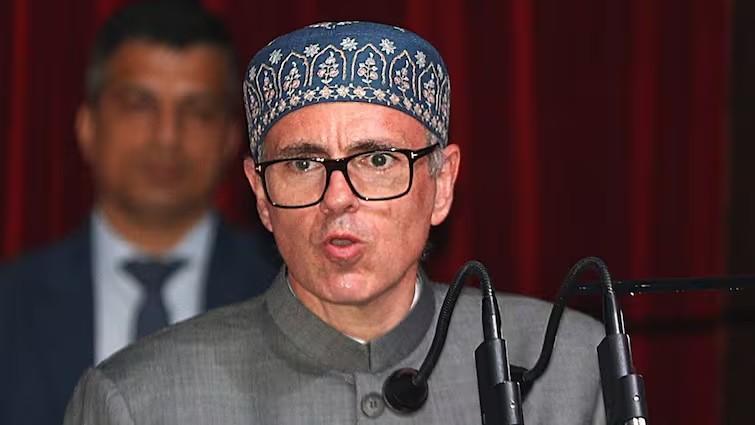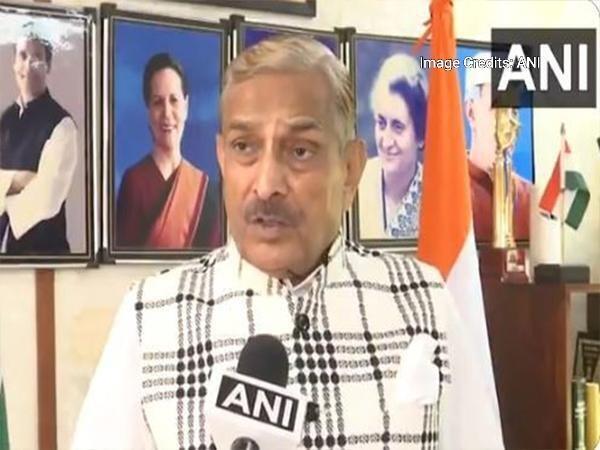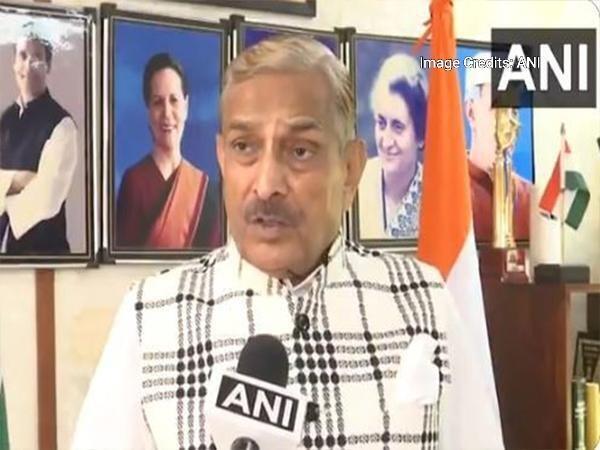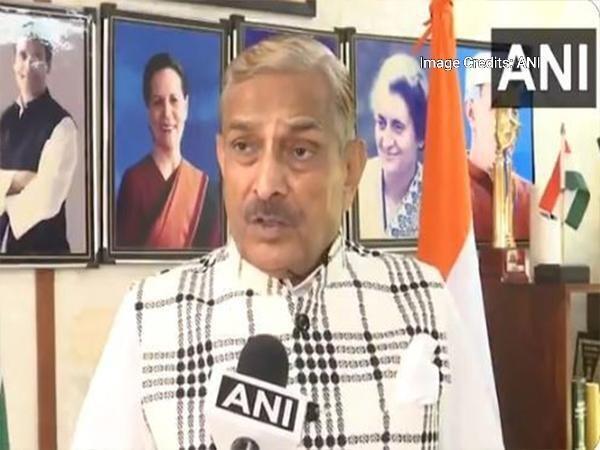
Normalcy in J&K post Art 370 abrogation is forced, not organic: CM
The decision to abrogate Article 370 of the Indian Constitution, which granted special status to Jammu and Kashmir, was a significant move by the central government. The aim was to integrate the region with the rest of the country and ensure peace and normalcy in the region. However, the Jammu and Kashmir Chief Minister, Omar Abdullah, has recently stated that the normalcy in the region is “forced” and not organic. In an interview, he expressed his concerns over the issue and hinted that the people of Jammu and Kashmir do not believe that the normalcy is genuine.
The abrogation of Article 370 was a major development in Indian politics, and the government had claimed that it would bring about a new era of peace and prosperity in the region. The move was seen as a bold step towards integrating the region with the rest of the country and ensuring its development. However, the opposition parties and some civil society groups had expressed concerns over the move, citing the potential risks to the region’s unique identity and the rights of its people.
In the aftermath of the abrogation, the government had claimed that the normalcy in the region was a result of its efforts to promote peace and stability. However, Omar Abdullah has disputed this claim, stating that the normalcy is “forced” and not organic. He has hinted that the people of Jammu and Kashmir do not believe that the normalcy is genuine and that it is driven by fear rather than any real sense of peace and stability.
Abdullah’s comments have sparked a debate over the issue, with some people questioning the government’s claims of promoting peace and stability in the region. The opposition parties have also seized upon his comments, saying that they prove that the government’s claims are false and that the region is still facing serious challenges.
The abrogation of Article 370 was a significant move by the central government, and its impact on the region is still being felt. The decision was seen as a major step towards integrating the region with the rest of the country and ensuring its development. However, the opposition parties and some civil society groups had expressed concerns over the move, citing the potential risks to the region’s unique identity and the rights of its people.
In the aftermath of the abrogation, the government had claimed that the normalcy in the region was a result of its efforts to promote peace and stability. However, Omar Abdullah has disputed this claim, stating that the normalcy is “forced” and not organic. He has hinted that the people of Jammu and Kashmir do not believe that the normalcy is genuine and that it is driven by fear rather than any real sense of peace and stability.
The normalcy in Jammu and Kashmir is not just about the absence of violence and conflict. It is also about the sense of peace and stability that people feel in their daily lives. The government has taken several steps to promote normalcy in the region, including the deployment of additional security forces and the implementation of measures to ensure the safety of civilians.
However, despite these efforts, the normalcy in the region is still fragile and can be easily disrupted. The government’s claims of promoting peace and stability are seen as hollow by many people in the region, who are still struggling to come to terms with the changes brought about by the abrogation of Article 370.
In conclusion, the normalcy in Jammu and Kashmir post Art 370 abrogation is forced, not organic. The government’s claims of promoting peace and stability are disputed by the people of the region, who do not believe that the normalcy is genuine. The abrogation of Article 370 was a significant move by the central government, and its impact on the region is still being felt. The government must take steps to address the concerns of the people of Jammu and Kashmir and ensure that the region’s unique identity is preserved.
Source:






